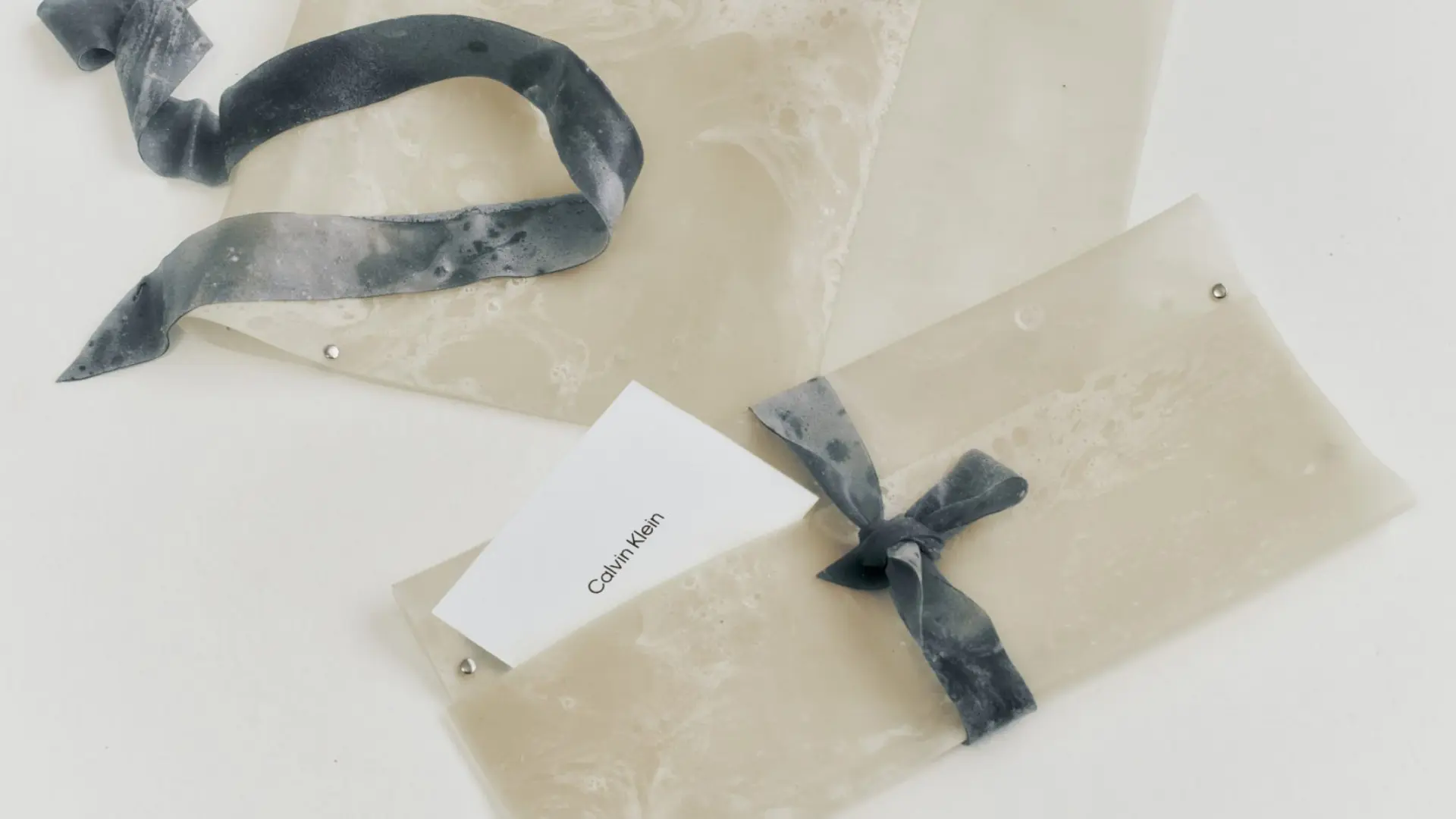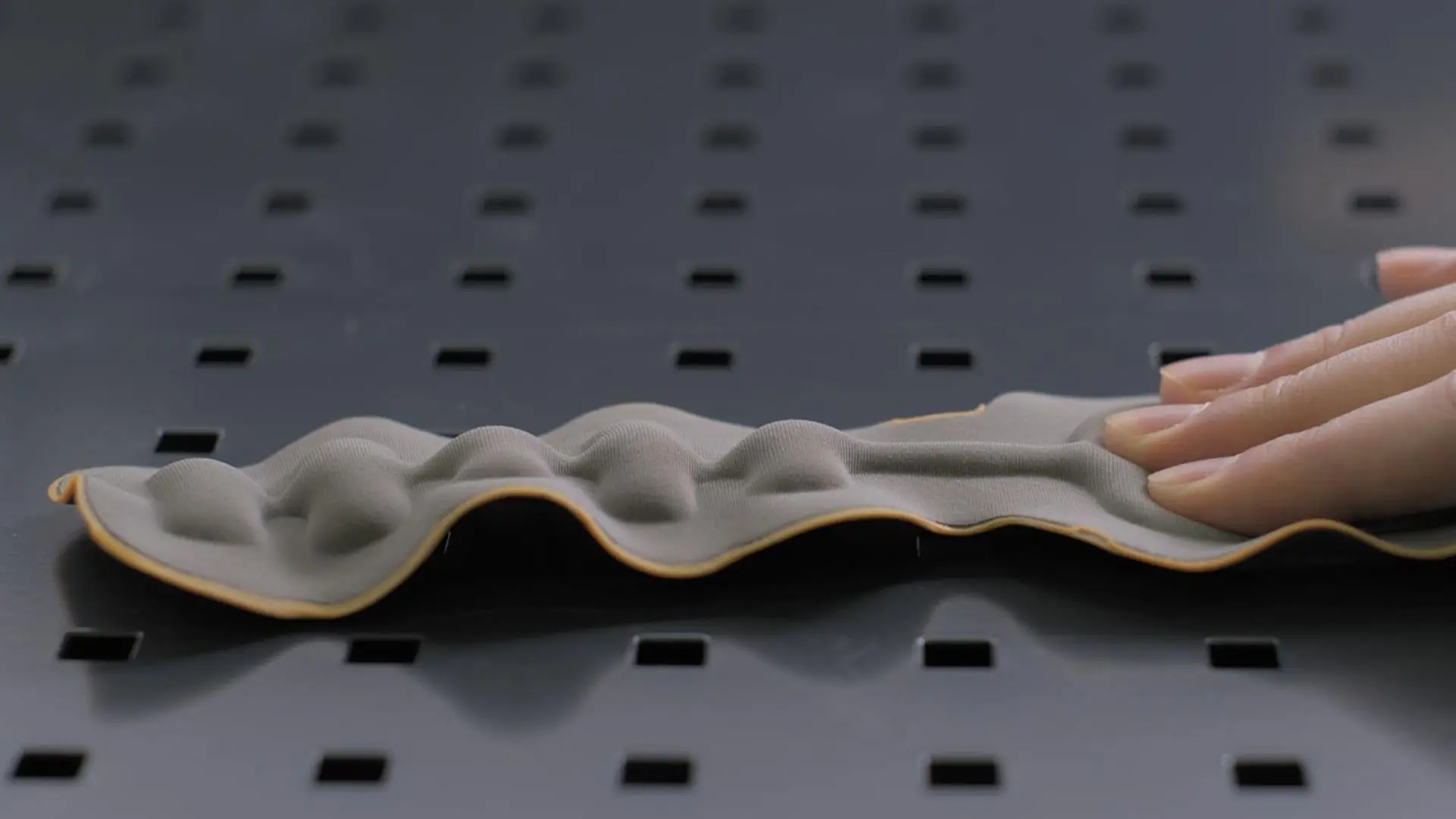Snapp: redefining handle design with sustainability and accessibility
Italian brand Verum presents an affordable handle, designed by Alessandro Stabile, made from recycled ocean plastic that combines innovation, social impact, and Italian craftsmanship.

Can a small object, such as a handle, bear the weight of industrial transformation without compromising on innovation, ergonomics, affordability, and aesthetics? This is the challenge that Verum, an Italian brand known for its expertise in door design, has embraced – and successfully conquered with Snapp. Verum is redefining the design world, step by step, with its forward-thinking approach to sustainability and purpose-driven innovation.
Founded in Brianza, Verum has been a leader in interior design for over twenty years. Specializing in technical solutions for doors and living spaces, it combines innovation and craftsmanship to enhance Made in Italy. Its mission is to create aesthetic and functional harmony through cutting-edge, customizable products. With a strong focus on research and collaboration, Verum Italy develops unique solutions for those who appreciate beauty and quality.

Verum understands that design is no longer just about form or function; it’s about embracing and promoting a deeper purpose. This philosophy was at the heart of the creation of Snapp, the brand’s new handle, designed by Alessandro Stabile and recently unveiled to the public. Made entirely from recycled ocean plastic, Snapp is a small object with a big concept. Not only does it embody the importance of recycling materials from our seas, but it also involves individuals facing physical and social challenges in its production process, making it a truly impactful initiative.
Designer Alessandro Stabile is no stranger to working with recycled materials. His OTO chair, for One To One Objects, is a masterpiece of design thinking and environmental awareness, seamlessly blending process, execution, and packaging to create a product that shortens the gap between its concept and the end user. With Snapp, Stabile adopts a similar approach, keeping the design simple to let the material and its underlying message speak for themselves.

The shape of Snapp is intentionally simple – ergonomic, smooth, and classic. At first glance, it looks just like a modern handle, except for its innovative material. And that’s precisely its strength. The idea behind Snapp is to make it widely accessible, affordable, and monomaterial. That’s why its shape is familiar, while its smoothness – derived directly from the material itself – enhances its ergonomics.
Snapp is an object that challenges the perception of the finishing industry and serves as an educational tool – not just about the sector itself, but also for end users, fostering a more conscious approach to materials, recycling, and upcycling, even in the smallest everyday details of the home, such as handles. In an industry traditionally dominated by brass, aluminum, and steel, this model represents a paradigm shift by introducing a material not typically associated with the field. Its impact goes beyond function, ergonomics, and the simplicity of its form; it prompts consumers to reflect on the life cycle of materials and the value of sustainability, even in overlooked, everyday objects.

What truly sets Snapp apart is, in fact, its material: being made entirely of a single type of plastic, it is 100% recyclable. This means it can be fully reprocessed without any need for disassembly, making it an environmentally responsible choice in addition to a functional one.
The employment of a monomaterial, recyclable approach educates consumers to consider beyond the appearance and functionality of a product but also its consequences on nature. Further, its low price makes sustainable design affordable for everyone, proving that innovation and environmental responsibility cannot be elitist.

Another key strength of Snapp by Verum is its price: the handle costs less than twenty euros, a highly accessible price point considering the design industry’s usual standards and perceived exclusivity. Plus, you’ll be able to find Snapp in all kinds of stores, from mass-market retailers to high-end design shops. The goal of this product is to be easy to understand, easy to find, and easy to buy – bringing a thoughtfully designed, fully recyclable piece into your home.
Being popular is not always a priority, especially when design involves significant effort to incorporate a philosophy, work with innovative materials, and collaborate with social initiatives. But that’s not the case here, and we should be grateful that objects like this can find their way into our everyday lives, allowing us to feel a connection to the ocean every time we open a door.












